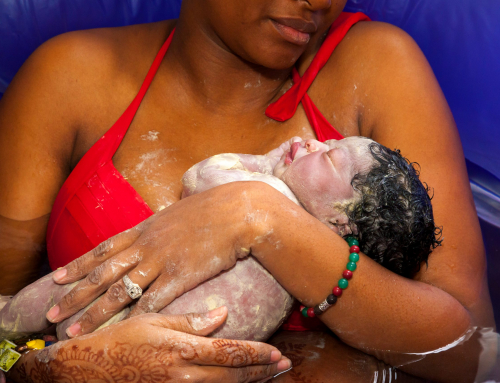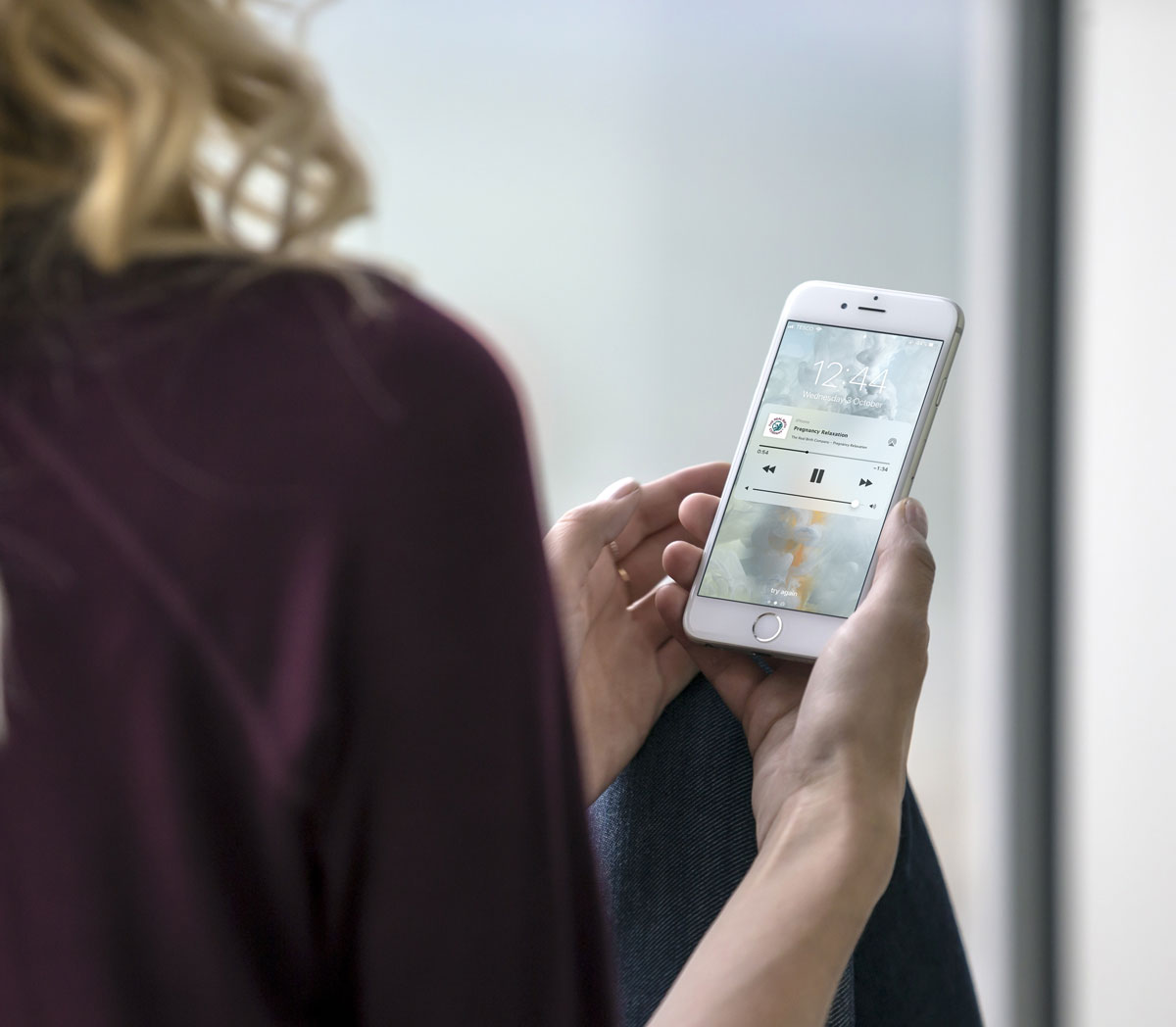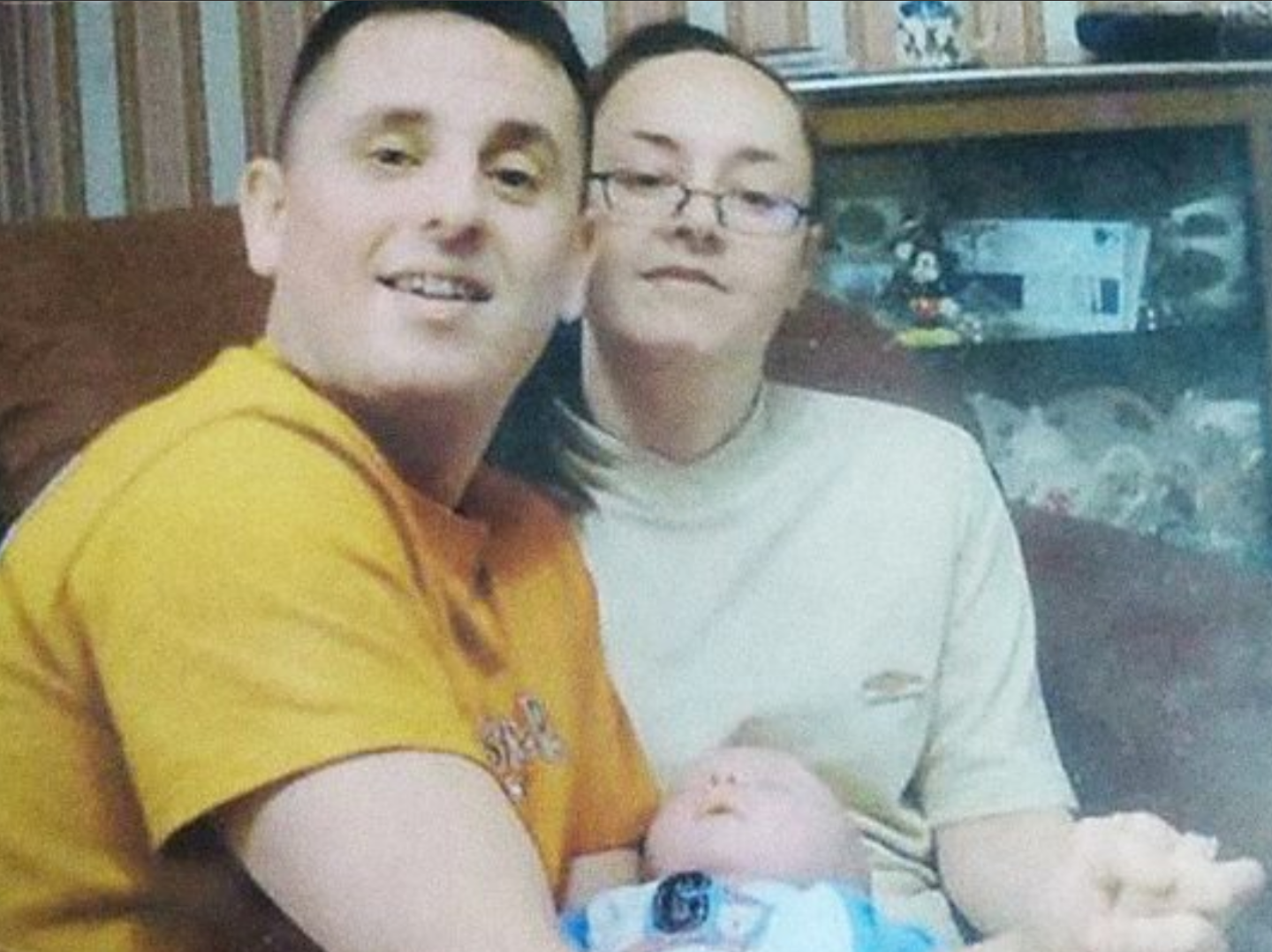Emma Durman and Hayley Morgan both presented a small snap shot of their work at Let’s Talk Birth 2019. Their keynote discussion was surrounding Autistic Women and the pregnancy and labour experience. Zoe Wright from the Real Birth Company asked them both to write a short blog on the importance of understanding the different sensory experience for people with autism in the birthing room and postnatally.
Emma Durman is a final year Postgraduate Student at Swansea University Medical School, studying towards a MSc in Autism and Related Conditions. She is Co-Director of Autside, a training and consultancy company specialising in Autism and related conditions.
Emma is late diagnosed Autistic woman, and a mother of one daughter who is Autistic. Her own experience, combined with the anecdotal evidence of other Autistic women, has led her to focus her Masters dissertation on the ‘Autistic Birth Experience’, along with her colleague Hayley Morgan.
Why focus on Autistic Birth?
Because at the heart of being Autistic, is a different social, sensory experience. A different way of interacting with and understanding the world, and others around you.
There are strengths and joys within this – an ability to feel deeply, to enjoy heightened senses, and to be honest, open, direct and logical.
The flip side of this is that the world is not designed for our neurotype, so we are often left overwhelmed, anxious, frustrated, terrified or angry by our attempts to exist in a ‘neurotypical environment’.
The Birth Experience is loaded, emotional, raw for many women. Everything is often heightened, emotion, hormones, vulnerability, senses. For those of us who are already experiencing these things in a heightened state, pregnancy and labour can be utterly terrifying.
The hospital environment is full of smells, fluorescent lights, beeping monitors, clanging chatter, mixed temperatures – a true assault on the senses. Add to this the difficulty communicating that often is compounded by sensory issues and anxiety, and suddenly we feel a complete loss of control. An inability to express our needs and wishes, to advocate for ourselves.
The massive transition of becoming a mother, of the routine of life being completely upended, of welcoming a whole new person who relies on non-verbal cues and instinct to communicate (something lots of Autistic people really struggle with) can also be hugely difficult to adjust to. The sensory overload of a new baby that is tactile, that creates constant sound and smells, that interrupts sleep and essential ‘decompression time’ can take an enhanced toll on an Autistic woman.
It is known that Autistic women (and those with the common coexisting condition of ADHD) are more likely to have experienced sexual abuse. Going through the birth process for survivors can be confusing, frightening and retraumatising for several reasons. First the pain in the muscles used in labour can mean a reliving of the physical abuse, and secondly, the examinations, discussions, exposure etc that occur during maternity can leave a woman feeling ashamed, exploited and retraumatised if not handled with the utmost sensitivity.
It is important that healthcare providers recognise the specific needs of the Autistic population. Birth Trauma/PTSD are real concerns, and it is important to note that the perception of danger is what is important in the development of these conditions. Perception of danger may be higher for Autistic women and their loved ones without appropriate, tailored support to meet their unique social, sensory needs.
Hayley Morgan, is an autistic Mum of 2 (2 and 5), and a vocal supporter of attachment parenting, baby-led weaning and extended breastfeeding.
‘A good midwife is a good midwife, right?’
In many circumstances, this is true. However, when the difference is nueordevelopmental, the very wiring of our autistic brains informs differences beyond neurotypical expectations. Autistic women sense, process and communicate differently, and understanding these differences is key to good care.
‘Autistic people don’t feel pain’.
Yasuda et al (2016) and Thaler (2017) found evidence to support what has been anecdotally reported in the autistic community for decades- while autistic people are more sensitive to sensory input onset (including pain, touch, heat), they also seem to have a higher tolerance of true interroceptibe pain.
While pain scales could be useful for some autistic people, other co-occurring issues could be at play. Alexithymia, an inability to correctly interpret the internal state (e.g. confusing cold for anxiety, hunger for tiredness) may affect accurate symptom reporting and contraction communication.
Continuity in Care and understanding the autistic woman’s baseline behaviours at multiple opportunities could provide the best chance for effective pain reporting. Taking a ‘sensory’ diet of the mother-to-be could play a more important role than initially thought. Research shows that when sensory needs are accounted for, the autistic pain experience and reporting has far better outcomes.
‘Autism is about cold and distant mothers’.
Harming back to the problematic days, the 1950s saw autism as a negative outcome to be blamed on cold ‘refrigerator mothers’. Thankfully, having moved on from this harmful ideology, stereotypes still pervade.
With the sensitivity to touch, hyper- or hypo-sensitivities to other sensory stimuli, one could be forgiven for assuming autistic mothers are more likely to be apathetic to a demanding baby’s noisy needs. However, this harmful assumption misjudges the power of oxytocin in creating calm and stemming sensory overwhelm. When given the right tools, autistic mothers (including the author) have reported breastfeeding, co-sleeping and attachment parenting to provide an oasis in a noisy world. These bonding moments can be satisfying sensory-based behaviours in their own rights, and empowering ones at that.
You can contact Hayley or Emma either by email us at the admin@therealbirthcompanyltd.com
Or visiting –
@HayleyMorganAut @autismtintglass
(Emma) Autismtintedglasses.wordpress.com
(Hayley) Coldteaconnoisseur.co.uk





